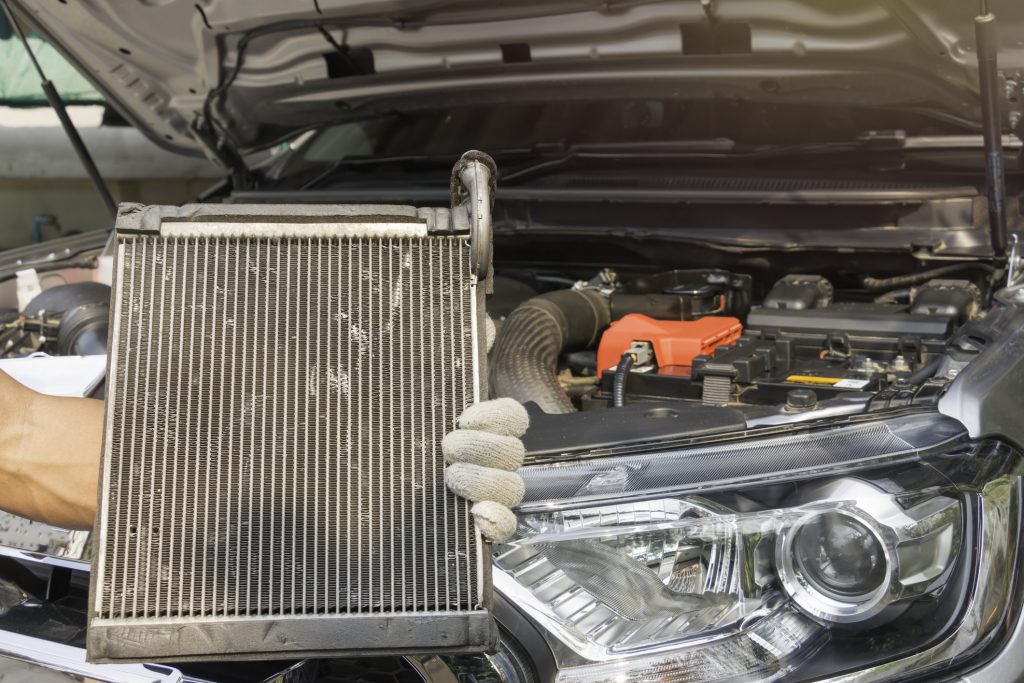The radiator is a crucial component of a car’s cooling system, responsible for dissipating heat generated by the engine. Common radiator issues can lead to overheating and other problems. Here are some common radiator issues in a car:
Coolant Leaks:
One of the most prevalent problems is coolant leaks. Leaks can occur due to corrosion, aging hoses, or damage to the radiator itself. Puddles of coolant under the car, visible wetness around the radiator, or a drop in coolant levels are signs of a leak.
Corrosion:
Over time, the radiator can corrode both internally and externally. Internal corrosion may lead to blockages, reducing the radiator’s efficiency. External corrosion can cause leaks. Using the recommended coolant and regular coolant flushes can help prevent corrosion.
Clogged Radiator:
Sediment, rust, or debris in the coolant can accumulate in the radiator, leading to clogs. Clogged radiators restrict the flow of coolant and hinder the cooling system’s effectiveness. Flushing the radiator as part of regular maintenance helps prevent clogs.
Faulty Thermostat:
The thermostat regulates the flow of coolant through the radiator. A malfunctioning thermostat may either not open properly, causing overheating, or fail to close, leading to inefficient cooling. If the engine temperature fluctuates or stays consistently high, the thermostat may be a potential culprit.
Broken or Damaged Radiator Fan:
The radiator fan helps cool the radiator by drawing air through its fins. A malfunctioning or broken fan can result in inadequate cooling, leading to overheating. Issues with the fan may include a failed motor, damaged blades, or electrical problems.
Radiator Cap Issues:
The radiator cap maintains pressure within the cooling system. A worn or faulty cap can result in coolant loss, overheating, or air entering the system. Regularly inspect the radiator cap for wear and replace it if necessary.
Fins Damage:
The thin fins on the radiator help dissipate heat. Damage to these fins, whether due to debris impact or corrosion, can reduce the radiator’s efficiency. Gently straightening bent fins can sometimes improve airflow, but severe damage may require radiator replacement.
Radiator Hose Problems:
The hoses connecting the radiator to the engine can deteriorate over time, leading to leaks. Check for visible signs of wear, cracking, or bulging in the hoses, and replace them if needed.
Regular maintenance, such as checking coolant levels, inspecting hoses, and performing radiator flushes, can help prevent some of these issues. If you notice any signs of radiator problems, it’s essential to address them promptly to prevent engine overheating and potential damage

